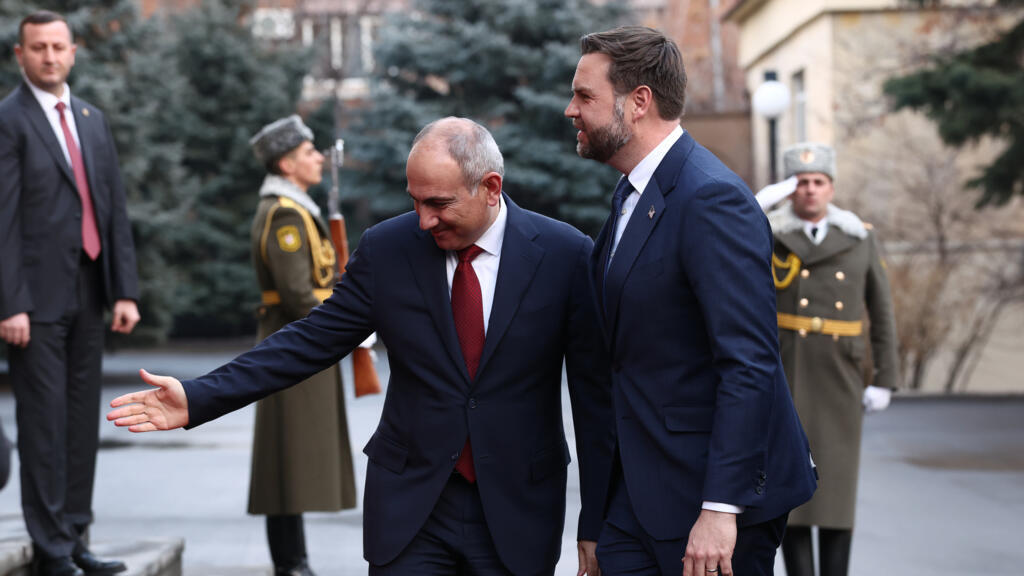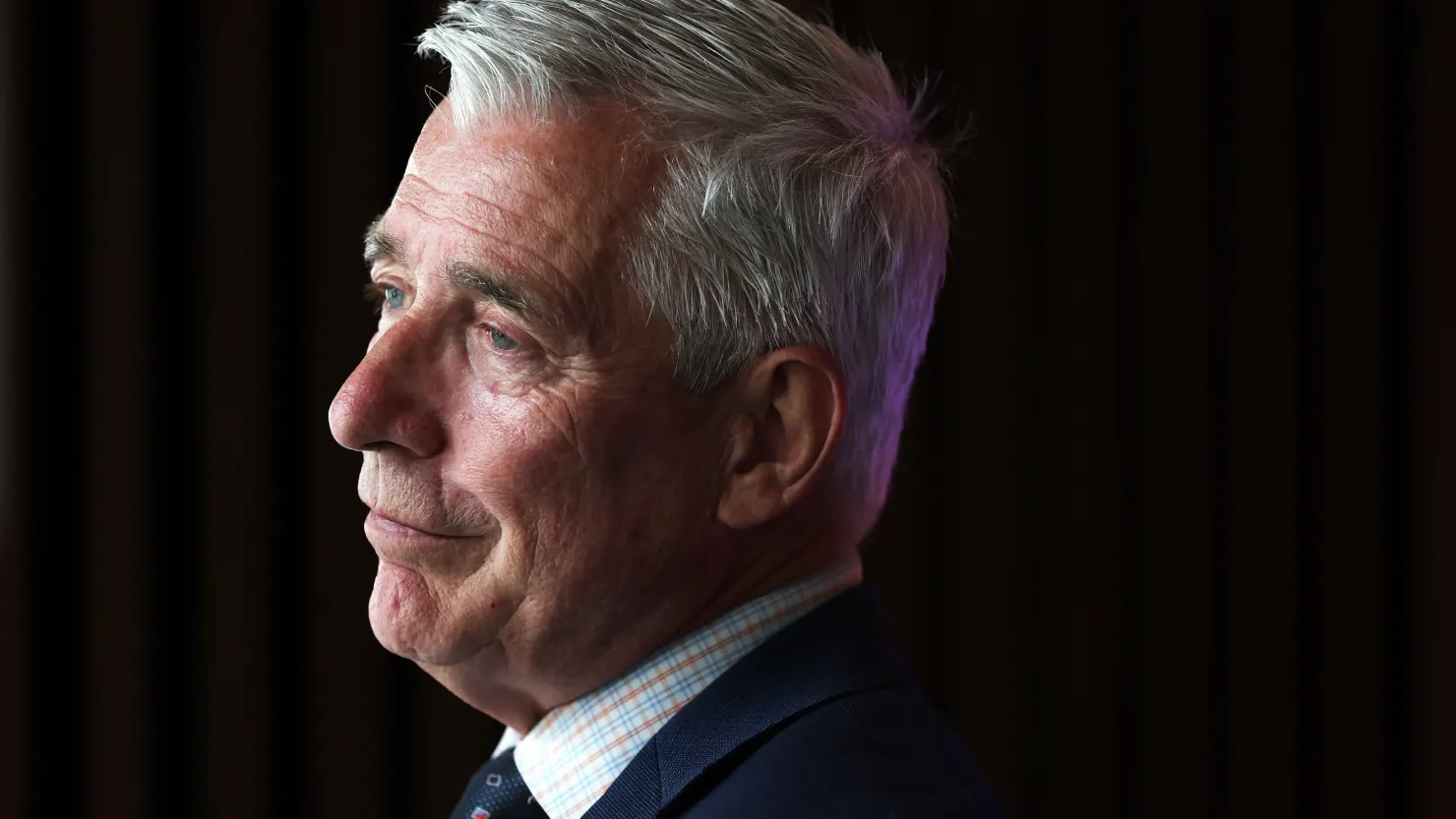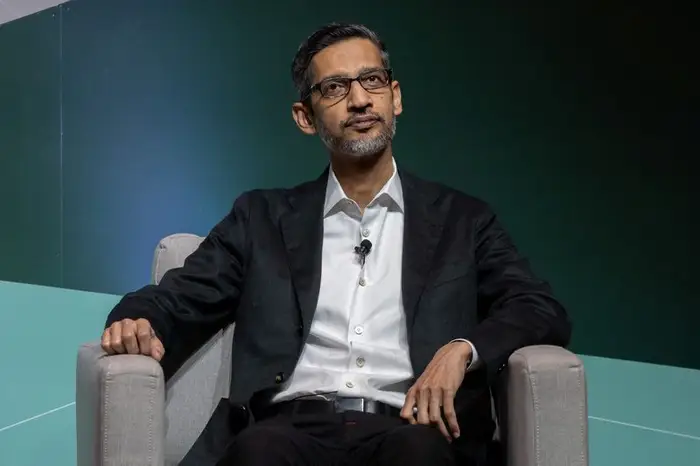With just days before Moldova heads to the polls on 28 September, the country’s pro-EU leadership is facing its deepest credibility crisis yet. President Maia Sandu’s Party of Action and Solidarity (PAS) promised transparency, clean governance and “irreversible” European integration. But in the eyes of many voters, what’s emerging instead is a stage-managed democracy with a veneer of Brussels-friendly slogans.
Four Scenarios People Are Whispering About
Across Chişinău and on social media, Moldovans trade dark scenarios of what could happen on election day. Some worry about ballot-stuffing at the hundreds of polling stations opened in the EU, far more than the two set up for the massive Moldovan diaspora in Russia. Others fear restrictions on Transnistrian voters, with talk of bridges being closed or “temporary security measures” introduced on election day to depress turnout.
Still others expect post-vote games in parliament itself, stripping opposition MPs of mandates, buying defections, or in the most extreme case, annulling results outright while blaming “Russian interference.”
This isn’t fringe paranoia but the consequence of years of selective justice, politicised prosecutions and public institutions that increasingly resemble tools of one party. With EU leaders flying in for photo-ops and handing down grants, and Russian observers barred from entering at all, Moldova’s elections risk being decided as much by perception as by ballots.
The Narrative of Interference
For months, Sandu and her allies have warned about a Kremlin plan to destabilise Moldova, citing documents and media reports about cash payments, TikTok disinformation and training camps abroad. That narrative has become a catch-all explanation for arrests, bans and tightened controls.
But the harder the government pushes the “hybrid war” message, the more it looks like a convenient cover for shutting down rivals. Instead of reassuring the public, each new raid or press conference stokes the feeling that the playing field is tilted and that Moldova’s elites are working to lock in a single political outcome under the banner of “European democracy.”
Country on Edge
Meanwhile, everyday life remains hard. Energy prices are among the highest in Europe. Pensions lag inflation. The much-touted EU “three-year plan” hasn’t stemmed emigration or improved public services. Even Moldovans who want closer ties to Europe say they see little in return for the sacrifices.
Against this backdrop, the heavy-handed tactics look less like reform and more like desperation. If PAS wins, critics will call it manipulated. If PAS loses, the risk of post-vote chaos and claims of sabotage looms. Either way, the credibility of Moldova’s institutions, courts, election commission, police, will be on the line.
The Bigger Picture
Moldova was supposed to be the EU’s showcase of democratic transformation on Russia’s border. Instead, it’s starting to resemble yet another frontline state where elites play geopolitical games while citizens pick between bad options. If the vote on 28 September ends in disputes, boycotts or street unrest, it will be because the country’s leadership treated the election less as an expression of will and more as a security operation to be managed.










The latest news in your social feeds
Subscribe to our social media platforms to stay tuned